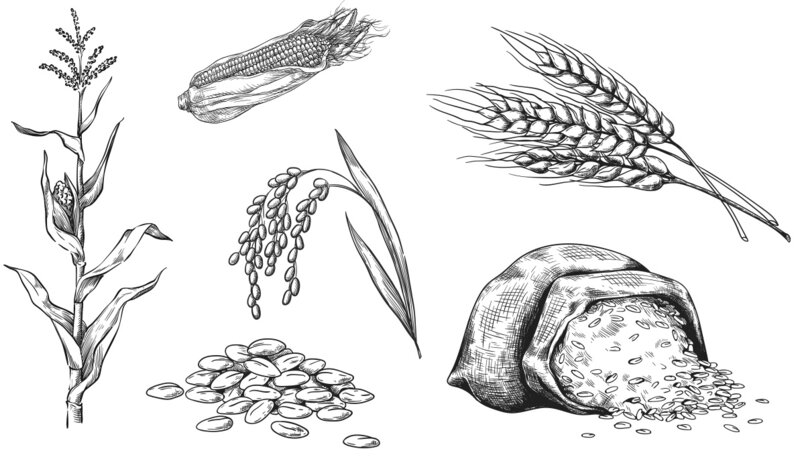Over the past 12,000 years, humans in Europe have dramatically increased their ability to digest carbohydrates, expanding the number of genes they have for enzymes that break down starch from an average of eight to more than 11, according to a new study by researchers from the U.S., Italy and United Kingdom.
The rise in the number of genes that code for these enzymes tracks the spread of agriculture across Europe from the Middle East, and with it, an increasingly starchy human diet rich in high-carbohydrate staples such as wheat and other grains. Having more copies of a gene usually translates to higher levels of the protein the genes code for — in this case, the enzyme amylase, which is produced in saliva and the pancreas to break down starch into sugar to fuel the body. The study, published today (Sept. 4) in the journal Nature, also provides a new method for identifying the causes of diseases that involve genes with multiple copies in the human genome, such as the genes for amylase.



 Medical
Medical Food/Chow
Food/Chow Eating and Diet
Eating and Diet Research
Research


